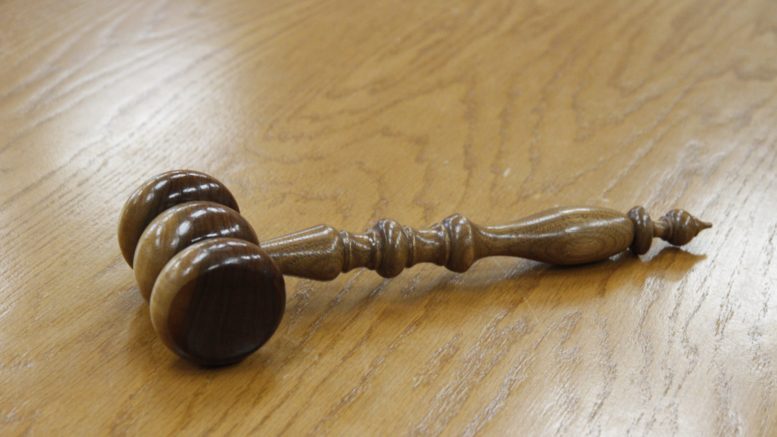By Jeremy Appel, Local Journalism Initiative Reporter
(ANNews) – The Supreme Court of Canada has ruled that the federal government broke its Treaty with Kainai Nation by shortchanging them on reserve land, but the province’s statute of limitations precludes the band from seeking remedy through the courts.
On April 12, the court delivered its unanimous decision in the case of Jim Shot Both Sides v. Canada, in which Justice Michelle O’Bonsawin declared the Canadian government’s failure to fulfill its Treaty obligation “deplorable,” but argued the nation failed to bring the matter to court in the required timeframe.
Kate Gunn of First Peoples Law, which represented Treaty 8 First Nations of Alberta in the case, called the Supreme Court’s decision “disappointing.”
“It affirms what the Blood Tribe has been saying all along,” Gunn said, referring to the Kainai Nation by its other name, “but it leaves the First Nation in a place where they’re not able to get substantive relief from the courts. I think it raises a couple of problematic and challenging issues.”
The claim centred around the Crown’s failure to set aside as much land as was promised the Blood Tribe when it signed Treaty 7 in 1877. The First Nation, which is part of the Blackfoot Confederacy, initiated legal proceedings against the Crown in the 1980s.
Under Alberta’s statute of limitations, plaintiffs have six years to file a lawsuit.
The case hinged upon whether the clock began ticking in 1971—the year a Blackfoot researcher discovered the tribe received 162.5 fewer square miles of land than it was promised in Treaty 7—or 1982, when the Constitution Act officially codified Treaty rights under Canadian law.
Federal Court ruled that the clock began ticking when the Constitution was signed, upholding the land claim. But the Court of Appeal reversed the ruling and prohibited the lawsuit.
The Supreme Court sided with the Court of Appeal, arguing that Treaty rights were enforceable prior to the Constitution’s patriation, meaning Blood Tribe could have filed its lawsuit in 1971.
Despite ruling that the lawsuit couldn’t proceed, Justice O’Bonsawin acknowledged the “longevity and magnitude of the Crown’s dishonourable conduct towards the Blood Tribe.”
“Canada breached its treaty promises to the Blood Tribe. Canada did not provide the land as promised: 162.5 fewer square miles were set aside than should have been,” the judge wrote.
“This conduct is deplorable and does not reflect the fundamental objective of the modern law of treaty rights, which is the reconciliation of Indigenous and non-Indigenous peoples and their respective claims, interests, and ambition.”
Acknowledging the wrongdoing, O’Bonsawin wrote, “will promote reconciliation and help to restore the nation-to-nation relationship between the Blood Tribe and the Crown.”
The ruling gives the Blood Tribe an upper hand if it chooses to take the federal government to a specific claims tribunal, where it can be awarded up to $150 million.
“The Blood Tribe and the Government of Canada are actively in negotiations on resolving this past injustice,” Department of Crown-Indigenous Relations spokesperson Carolane Gratton told the CBC.
Calgary-based lawyer Ron Maurice, whose firm represented the Federation of Sovereign Indigenous Nations as an intervenor in this case, called the ruling “cold comfort.”
However, Maurice and Gunn both noted with optimism that the court didn’t rule on the constitutionality of provincial statutes of limitations as they pertain to holding the Crown accountable for historic misdeeds.



Be the first to comment on "Blood Tribe can’t sue Ottawa for Treaty violation due to provincial time limitations"